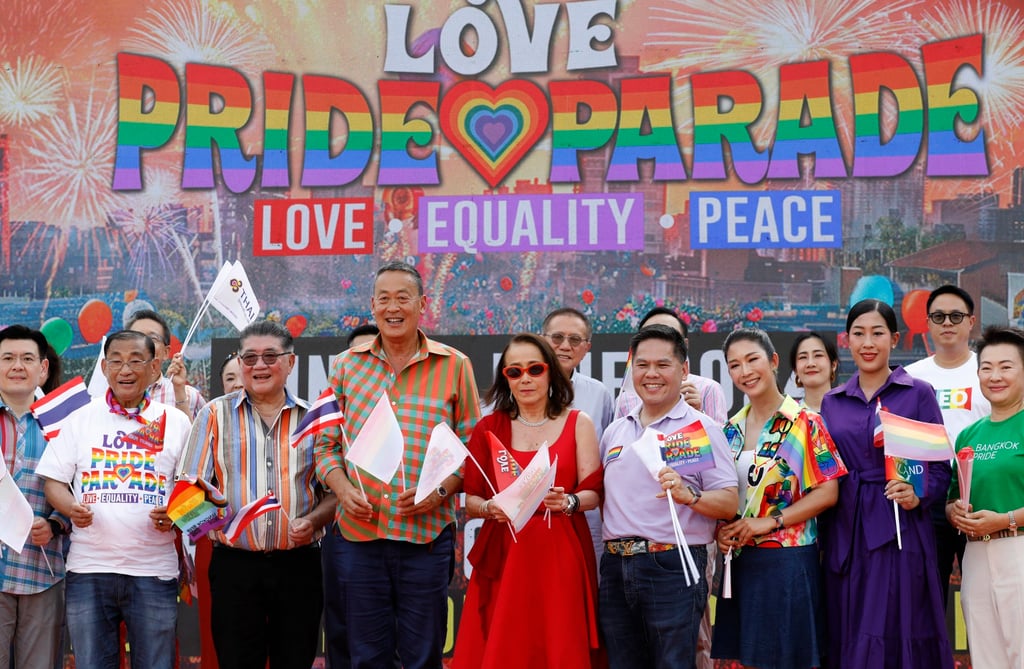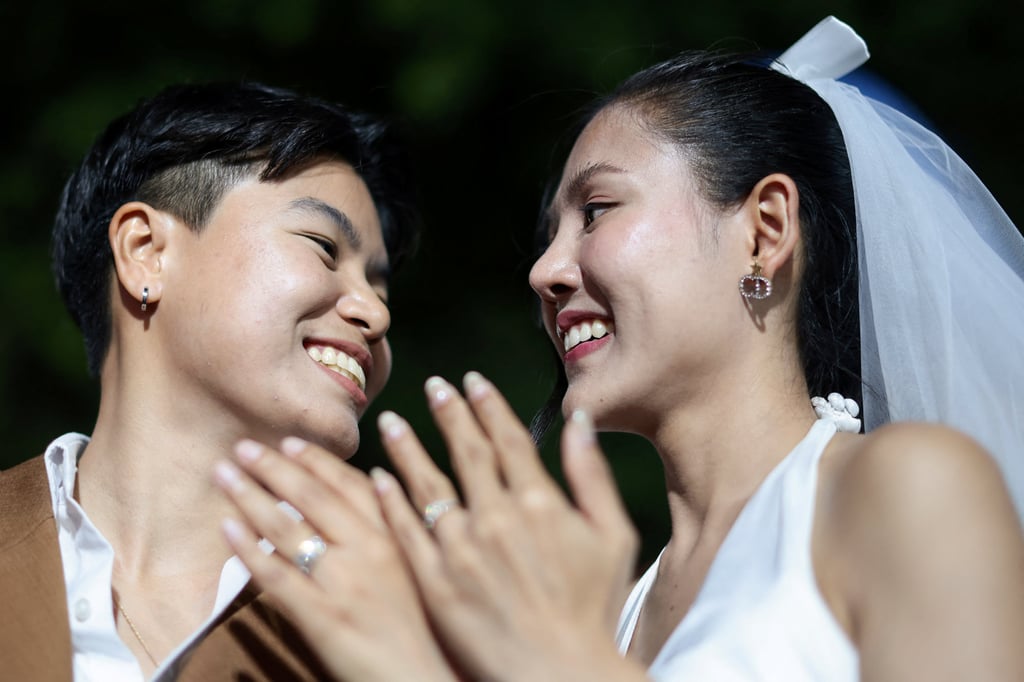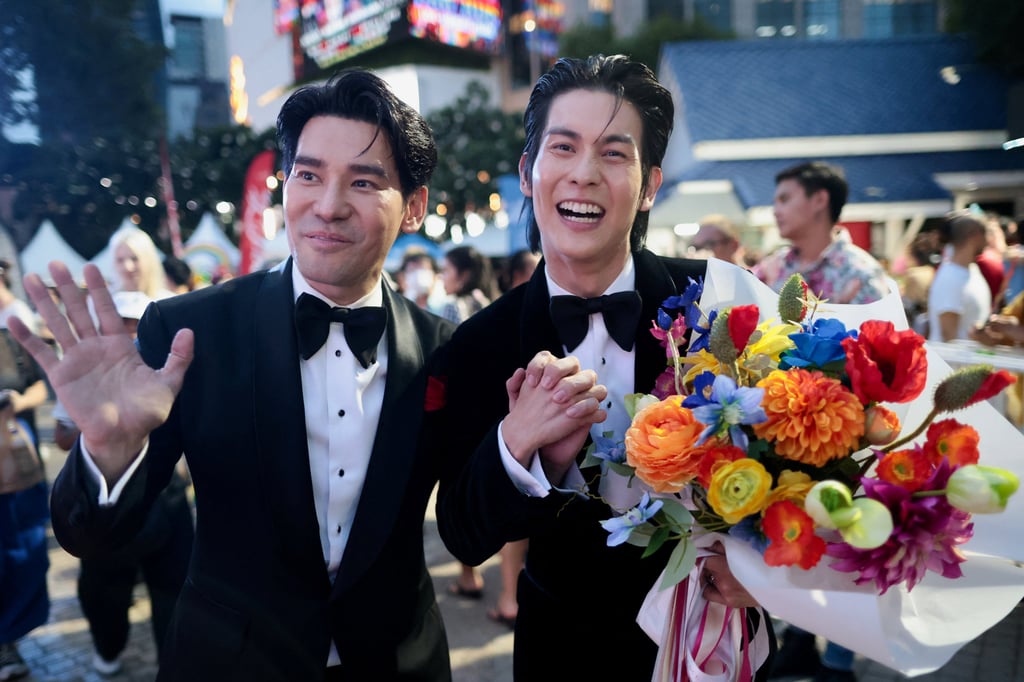
As Thailand marks historic Pride month, companies fall short on LGBTQ inclusion
- Businesses voice support for LGBTQ rights only to later backtrack on their inclusivity commitments, a practice known as ‘rainbow washing’
However, amid the joyous celebrations and rainbow flags, a persistent issue remains: rainbow-washing – a practice where corporations drape themselves in the rainbow flag during Pride month, touting their support for LGBTQ rights, only to revert to anti-LGBTQ “business as usual” once the parades have ended. Many companies adopt LGBTQ symbols during Pride without making substantial organisational changes, undermining the ongoing fight for equal rights. This year’s Pride parades in Bangkok, while a colourful celebration of the historic achievement and LGBTQ movements, also underscored this problem.

This issue is not unique to Thailand. Rainbow-washing is a global concern, with many companies showing symbolic gestures of solidarity without implementing significant internal changes to welcome the LGBTQ community. While the recent passage of the marriage equality bill in Thailand on June 18 is a monumental step forward for the country’s LGBTQ community, true progress requires more than just legal recognition from governmental institutions alone. It is high time we also demand change from businesses and the private sector.
Businesses should protect and promote the rights of all employees and customers, especially those from marginalised communities and with intersectional identities, which would be in line with upholding human rights principles in the business world. The principle of due diligence in human rights emphasises that businesses must actively prevent, address, and remedy human rights abuses within their operations and supply chains. This includes ending direct and indirect discrimination based on sexual orientation and gender identity. For example, refusing to hire or serve LGBTQ community members or perpetuating a hostile, anti-LGBTQ work environment contravenes business and human rights principles.

These commitments must go beyond surface-level support during Pride month. It involves concrete actions, such as non-discrimination policies and benefits, comprehensive support systems for LGBTQ employees, safe and inclusive working environments, and active promotion of diversity and inclusion within the workplace and beyond.
The LGBTQ community’s call to action for businesses remains steadfast. Corporations must prove their place in Pride parades through their actions and not just their parade presence. Corporations should actively engage in promoting and protecting human rights and ensure their business practices align with their public declarations. It is not enough to simply participate in Pride events; companies must publicly commit to creating inclusive environments year-round.

At the same time, Pride organisers bear a significant responsibility to prevent rainbow-washing. They should rigorously vet corporate sponsors, spotlighting only those with a proven track record of supporting LGBTQ rights and implementing human rights principles. They should demand that participating corporations make concrete public commitments to LGBTQ inclusion in the workplace. By doing so, they maintain the integrity of the Pride movement, ensuring that the celebrations reflect genuine progress and support for the community.
As Thailand basks in the glow of a significant legislative victory, it is an opportune moment to push for more profound societal change in how businesses support the LGBTQ community. True progress requires more than just a fleeting display of corporate colours; it demands a genuine, public commitment to equality and protection in every aspect of corporate practice. The future of Pride parades in Thailand and around the world should be characterised by corporate sponsors who not only participate but also lead by example in their dedication to human rights for all, including the LGBTQ community. Holding corporations accountable and ensuring their support extends beyond joining the parade means ensuring that future celebrations lead to lasting change.
It is up to all of us – corporations, organisers, and individuals – to ensure this progress continues.
Mookdapa Yangyuenpradorn is a Human Rights Associate at Fortify Rights.

